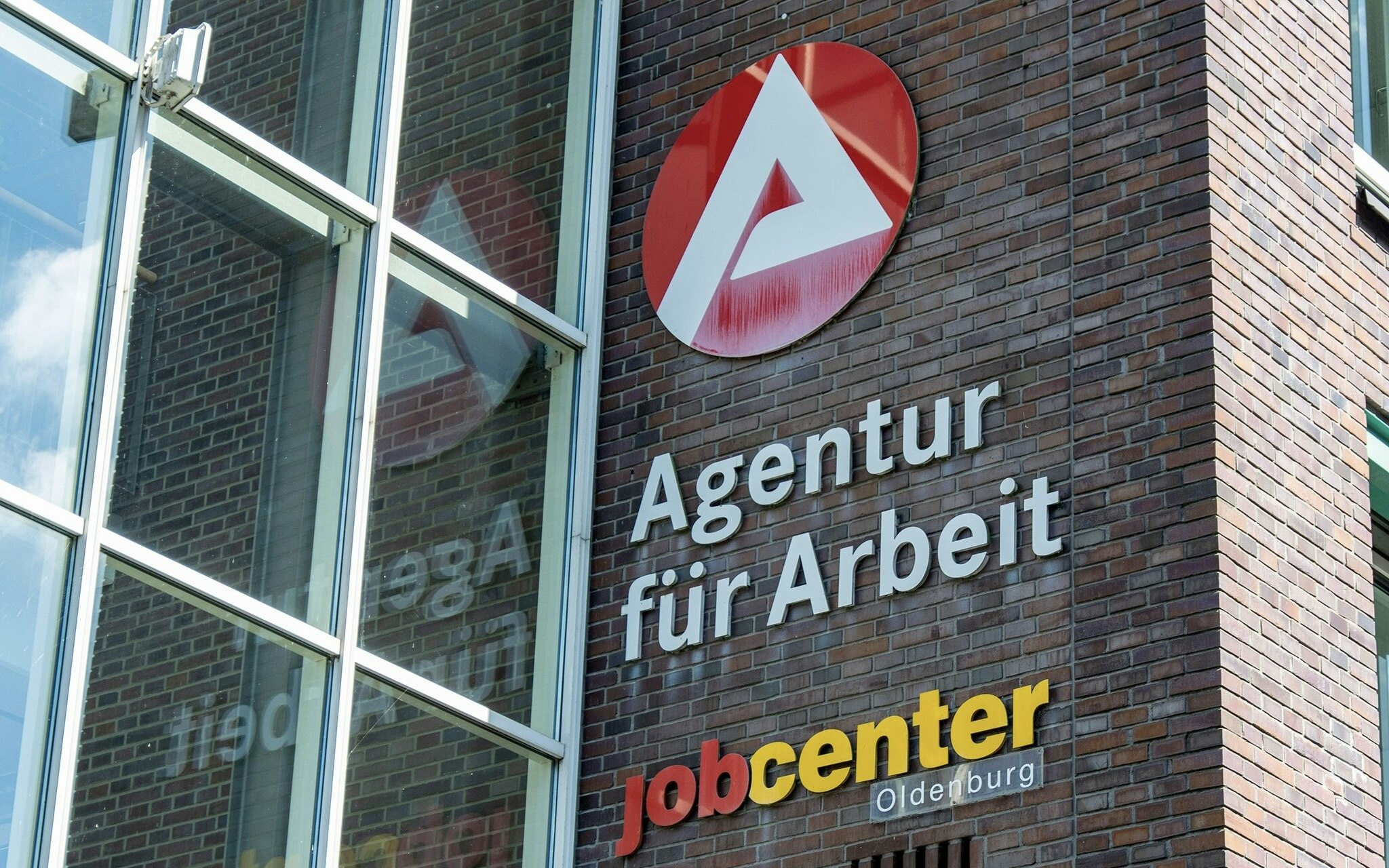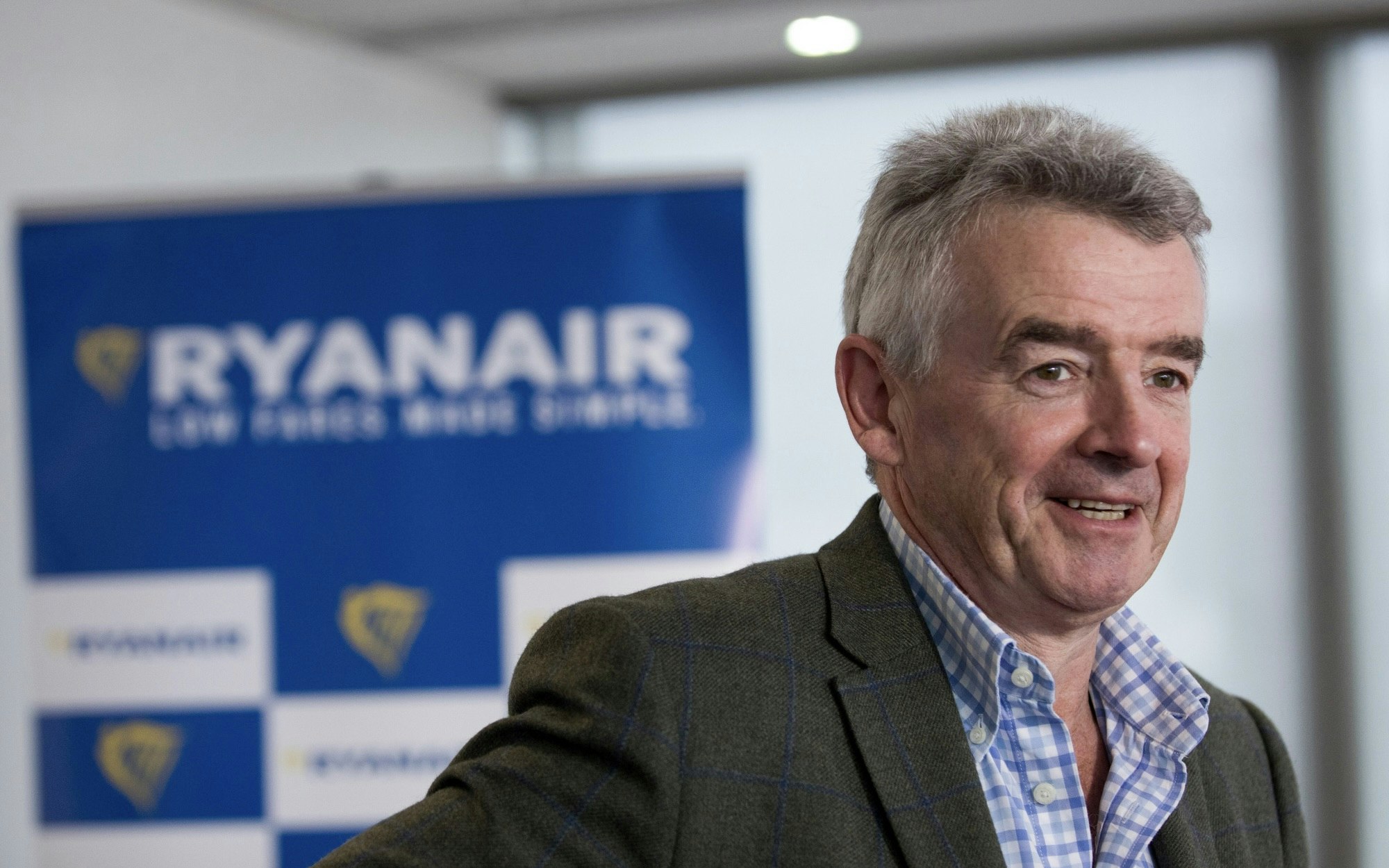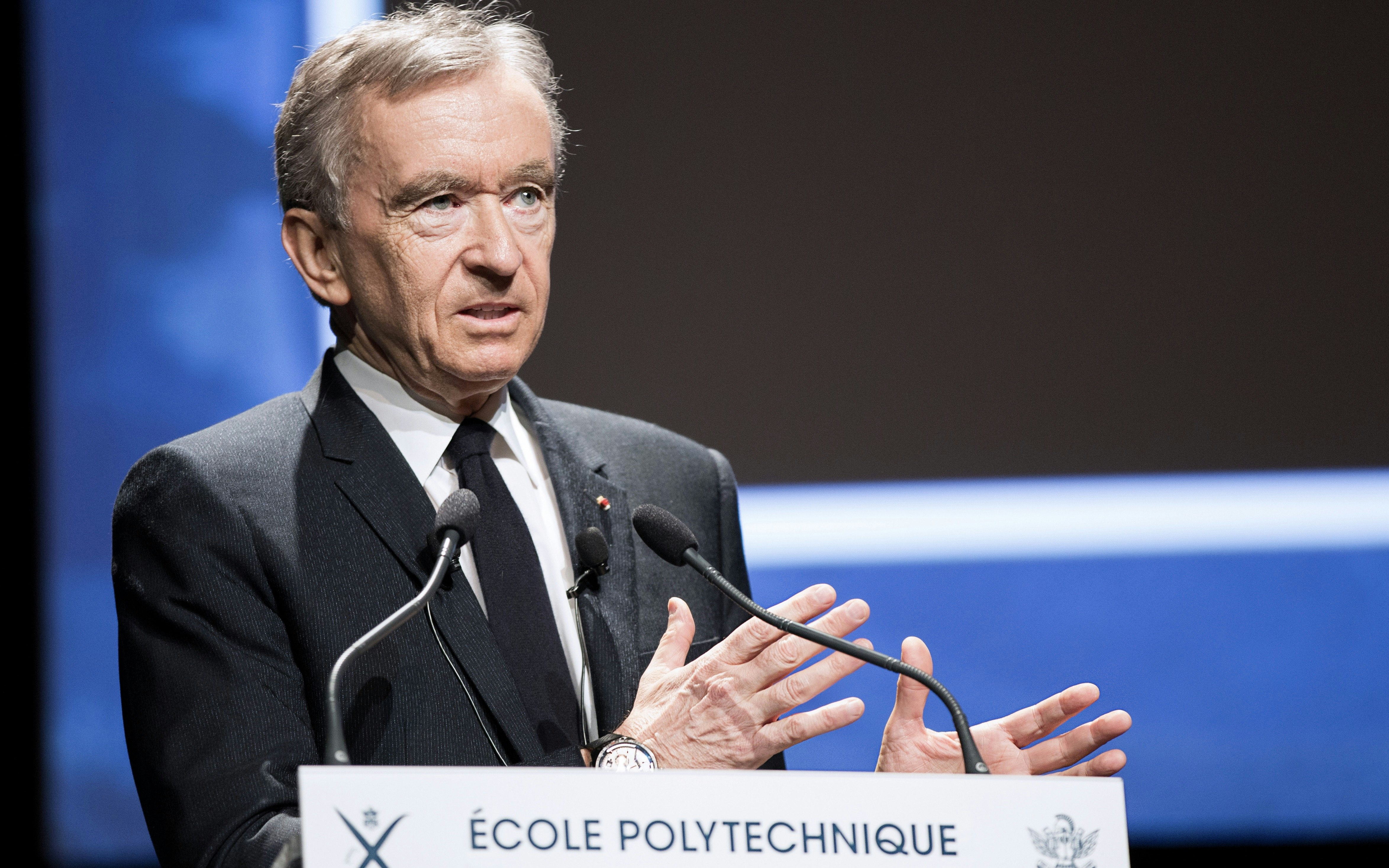Politics
Traffic light coalition facing savings challenge: options for reducing 172 billion euros in expenses
CDU and FDP call for reductions in social programs; Handelsblatt analyzes saving potential in child protection, basic income, and retirement.

CDU and FDP politicians demand cuts in the social sector, while Handelsblatt examines potential savings in social programs such as child safety, basic income, and retirement. However, it is questionable whether the promises of Chancellor Olaf Scholz (SPD) that the everyday lives of citizens will not change due to the ruling of the Federal Constitutional Court on debt accumulation can be kept.
The Ampel coalition faces a new major debate, in which the role of the welfare state in budget consolidation must also be discussed. For example, FDP parliamentary group leader Christian Dürr argues for saving in the social sector as well. Accordingly, CDU leader Friedrich Merz has proposed to forgo the planned basic child benefit and the increase in citizen's income. According to the draft government budget for 2024, social spending, which falls under the responsibility of labor minister Hubertus Heil (SPD), accounts for about 38 percent of total expenditure. But where are there potentials for savings in the budget, and how should the Union's proposals be evaluated?
The prestige project of child basic income, initiated by Family Minister Lisa Paus (Green Party), is not only criticized by the CDU leader, but also by the County Association, the Norm Control Council, and the federal states. The high administrative effort and the low added value for families are particularly criticized. For the first year, 400 million euros alone are budgeted for administrative costs, and by 2028, the annual costs are expected to rise to nearly six billion euros. Therefore, Christian Haase (CDU), the Union's chief budgetary expert, suggests further developing the child supplement instead of sticking to the child basic income, which is only scheduled to be introduced in 2025.
This would avoid the establishment of a new government apparatus with thousands of employees. However, the coalition partners support the project and emphasize the improvement of the situation for needy families as an important social policy goal. FDP rapporteur Martin Gassner-Herz emphasizes that in times of difficult financial situations, politics must not neglect important social projects. Dagmar Schmidt, deputy chairwoman of the SPD parliamentary group, warns against saving on low incomes and further dividing society. The distribution question in society must be answered in favor of families. Social law professor Constanze Janda also sees issues with child basic income, but emphasizes the coalition's declared goal of improving benefits for families.
Summary: In the long term, there is potential for savings in child basic income, but abandoning the project due to the intense debate within the coalition would be the end of the "Ampel" (Government). With the introduction of the "Bürgergeld" at the beginning of the year, the standard rates were increased by just under twelve percent. Another increase of more than twelve percent is expected at the turn of the year. CDU budgeter Christian Haase criticizes this because many workers do not benefit from such a wage increase.
According to his calculations, the state will spend 50 billion euros annually on the basic income, including the costs of accommodation, in the coming years. Haase emphasizes that it is not so much about a "hammock" but rather about "demanding and promoting". However, social rights lawyer Constanze Janda sees limits here, as the Federal Constitutional Court has limited reductions in the basic income. The rates must cover the basic needs of people, including rent and heating costs.
As the traffic light coalition no longer considered this secure in view of high inflation, the adjustment procedure for standard rates was changed. Instead of retroactive adjustment, a forward-looking adjustment to the inflation rate is now made. Minister of Labour Hubertus Heil reminds that the Union also agreed to this changed procedure.
Finance Minister Christian Lindner (FDP) apparently is not willing to shake up the basic rates of the basic income. Despite budget constraints, the traffic light coalition has agreed to raise the tax-free basic allowance and child allowance more than originally planned at the turn of the year. Lindner justifies this by saying that recipients of social benefits should also benefit from wage increases.
Conclusion: Constitutional law makes it difficult to make cuts to citizen's income, therefore the focus should rather be on creating incentives for work and fundamentally reforming the poorly coordinated basic social security systems. This should ensure that work is not punished with lower income in the end.
The pension fund faces new challenges after the Constitutional Court ruling confirmed the Ampel coalition's plans for reduced pension expenditures. The government plans to reduce the federal subsidy by 600 million euros each year from 2024 to 2027. Additionally, four planned special payments of 500 million euros each for the years 2022 to 2025 were already cancelled last year.
This leads to a deficit of 1.1 billion euros for the pension insurance, as emphasized by CEO Alexander Gunkel. This corresponds to approximately 80 percent of the expenses for the basic pension supplement, which should actually be funded by taxpayers.
To achieve further savings, the coalition also forfeits a planned investment of ten billion euros in the funded pillar of the pension insurance, the so-called generational capital, next year. In addition, the Secretary-General of the CDU Economic Council, Wolfgang Steiger, proposes to withdraw previous years' pension measures such as retirement at 63, mother's pension, and basic pension. However, the pension insurance states that an exact quantification of the impact of this proposal on the general federal subsidy is not possible.
This is determined every year based on wage and contribution development and not based on specific additional expenses for the "pension gifts" criticized by Steiger. In total, the federal government is expected to transfer 113 billion euros to the pension fund, which corresponds to about 30 percent of the expected expenses. It is unlikely that neither the SPD nor the CDU have an interest in reversing the jointly decided pension measures, as they would serve their respective voter bases.
The biggest potential for savings for the federal government lies in the long term in forgoing the promise made by the traffic light coalition to stabilize the pension level at 48 percent. Because if the increased expenses are not borne by the contributors, there is only one option: the taxpayers. A difficult undertaking in a time when more and more pressure is being exerted on the federal budget.
Conclusion: The future of the pension fund remains uncertain, while politics tries to balance cost control and fulfilling election promises. However, the solution to the problem does not lie in reducing measures already taken, but in a responsible long-term strategy.









